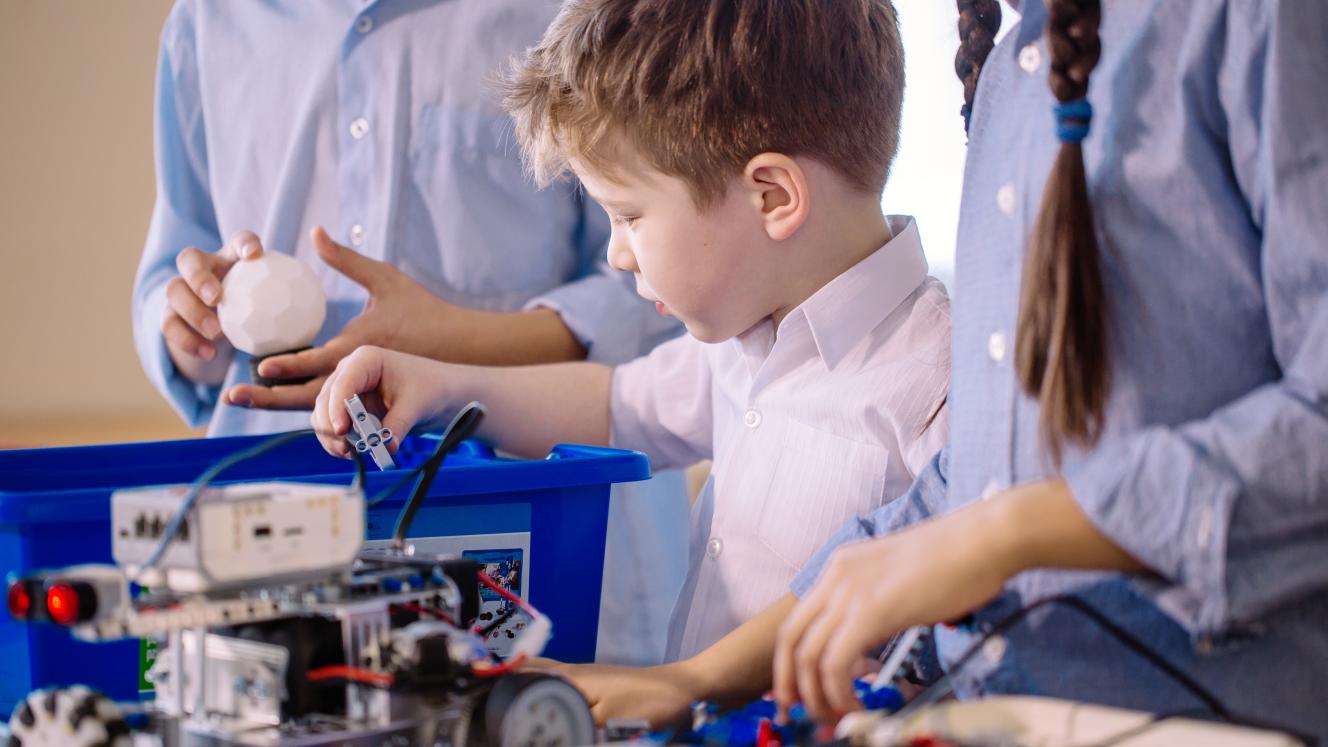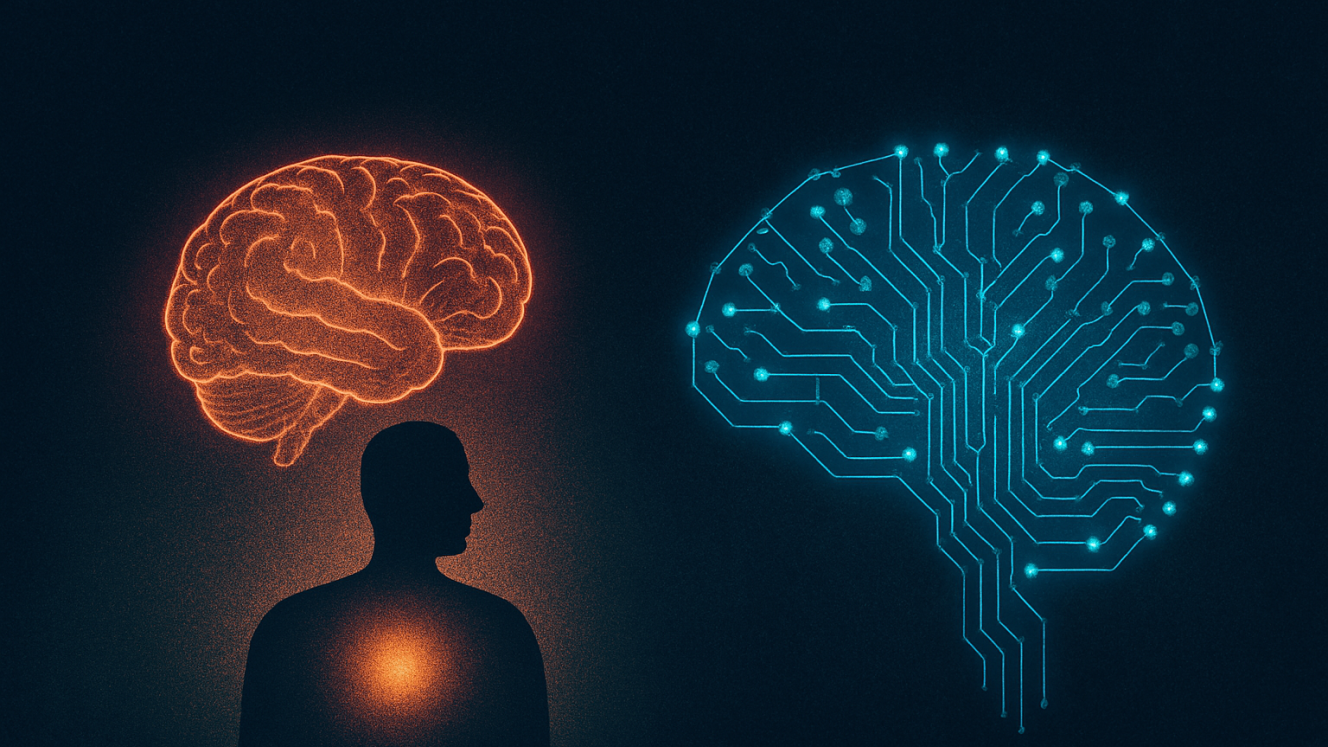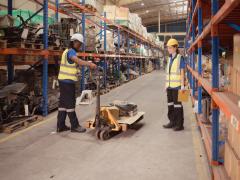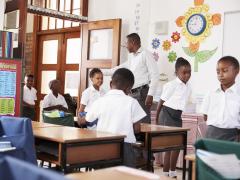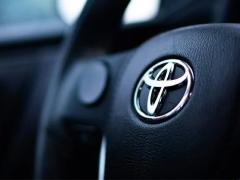Robotics and coding are transforming how students learn, introducing practical and essential skills for the modern world. In South Africa, introducing robotics and coding into the school curriculum for grades R to 9 marks a significant step towards equipping students with tools to think critically, solve problems, and tackle challenges creatively.
Robotics: Turning Ideas Into Action
Robotics transforms learning from theory into hands-on discovery. Students see how abstract concepts like mathematics, physics, and logic apply in real life through activities such as programming robots to complete specific tasks or solve challenges. For instance, calculating angles and distances becomes a dynamic exercise when students program a robot to navigate a maze or move objects.

Gershom Aitchison, Principal at Education Incorporated, explains, "Robotics allows students to explore challenges from different angles and figure out practical solutions. It's about building problem-solving skills and confidence through doing."
This process encourages learners to experiment, adjust, and keep going when things don't work immediately. The experience of debugging a program or tweaking a design becomes a valuable lesson in resilience and critical thinking.
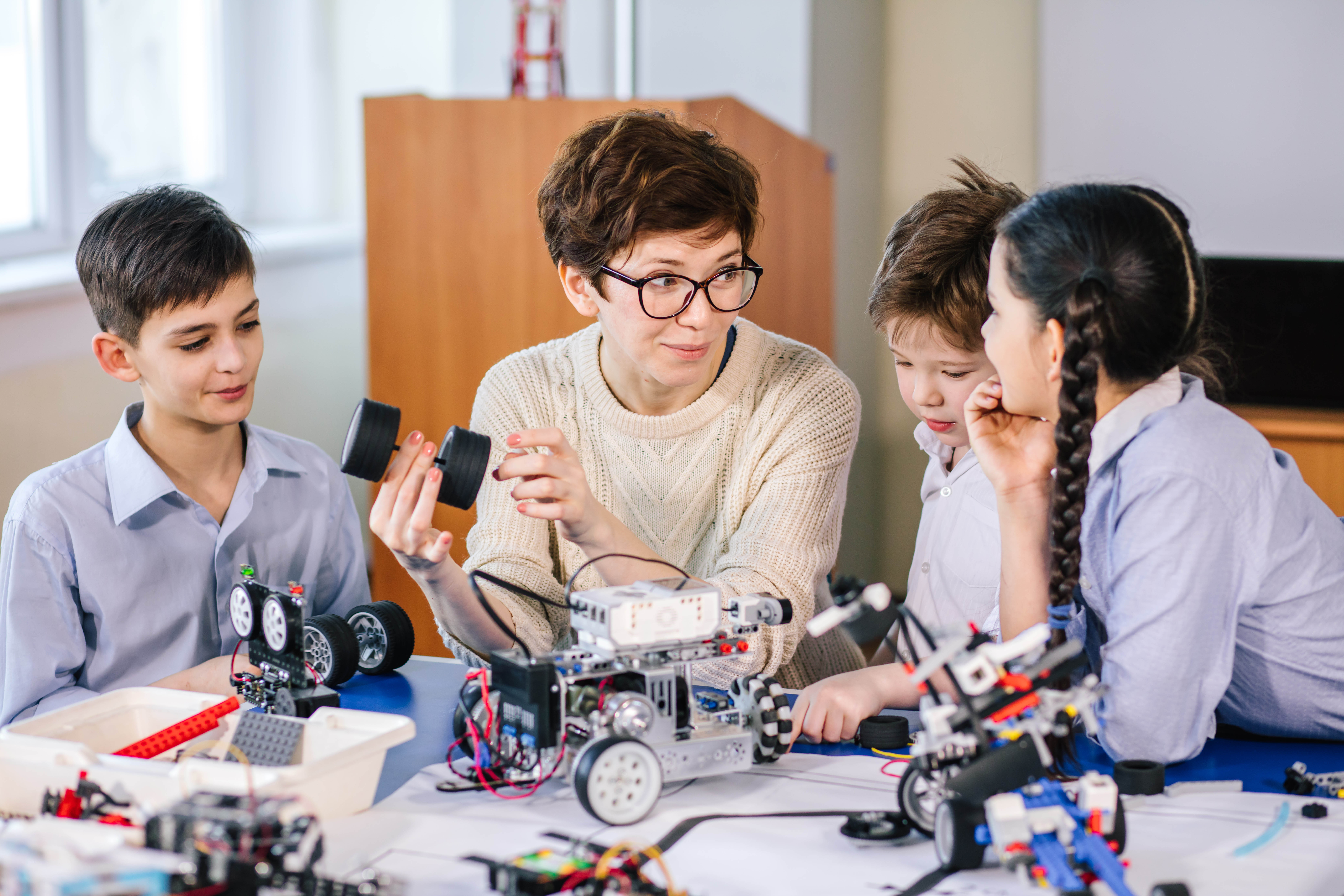
Bridging the Gap Between Learning and the Future
South Africa's adoption of robotics in schools reflects a commitment to preparing students for future industries, from artificial intelligence and fintech to environmental technology. Beyond technical skills, robotics introduces students to the kind of thinking needed to innovate in new and emerging fields.
Aitchison explains, "Robotics isn't about memorising steps; it's about helping students think independently and creatively, preparing them to work in industries that don't even exist yet."
Including robotics also provides students in under-resourced areas access to tools that might otherwise remain out of reach. Programmes supported by partnerships with private organisations ensure that students in rural and underserved communities can engage with the same learning opportunities as their peers in better-resourced schools.
Teamwork and Communication Through Robotics
Robotics is a collaborative experience. From brainstorming solutions to building machines and writing programs, students work in teams that require them to communicate effectively and value different perspectives. Competitions like the World Robot Olympiad allow students to apply their skills while building a sense of camaraderie and achievement.
"These projects teach students to work together, combining their ideas and strengths to solve problems as a group," says Aitchison. "It's a powerful way to learn how to communicate and respect one another's contributions," adds Aitchison.
The teamwork inherent in robotics also prepares students for the collaborative nature of many workplaces. Beyond the technical, it's an opportunity to build leadership and interpersonal skills.
Practical Benefits and Real-World Applications
Robotics brings learning to life by linking classroom knowledge to real-world challenges. Students can develop robots to address practical problems, from designing assistive tools for people with disabilities to exploring environmental monitoring solutions. This connection between learning and application encourages curiosity and inspires students to think about the impact they can make.
Virtual robotics programs have also expanded access, allowing students to engage with coding and design even if they don't have physical robots. These platforms open the door for students in remote areas to explore and experiment, creating an inclusive approach to technological education.
Building Resilience Through Practice
Robotics teaches students that failure isn't the end – it's part of the process. The process encourages persistence and adaptability, whether debugging code, reworking a design, or solving a problem from a new angle. These qualities serve students in all areas of life long after they leave the classroom.
Parents and educators increasingly recognise that robotics is more than an academic subject. It's a way to prepare students for future challenges while building confidence and independence. By turning problems into opportunities for growth, robotics empowers young people to approach life with a problem-solving mindset.
The Path Ahead
South Africa's move to include robotics and coding in schools is about more than keeping up with technological trends. It's about giving students the tools to shape their own futures. As more schools adopt these programs and partnerships expand access to resources, the impact of robotics in education is set to grow, providing students with skills that will last a lifetime.
About Education Incorporated
Education Incorporated, located in Fourways, Johannesburg, is an independent private school offering a unique, personalised approach to education. Catering to students from grades 4 to 9, Education Incorporated focuses on small class sizes, individual attention, and a curriculum that balances academic excellence with emotional intelligence, critical thinking, and creativity. For more information, visit Education Incorporated on the web.

